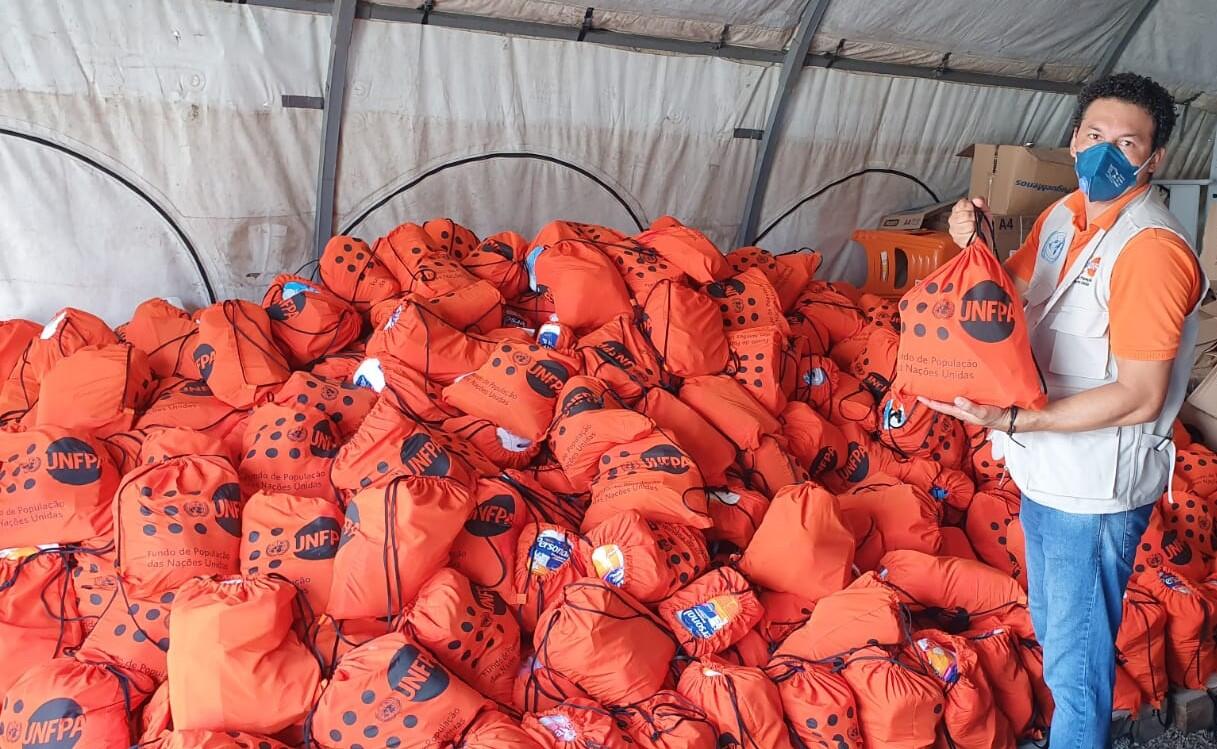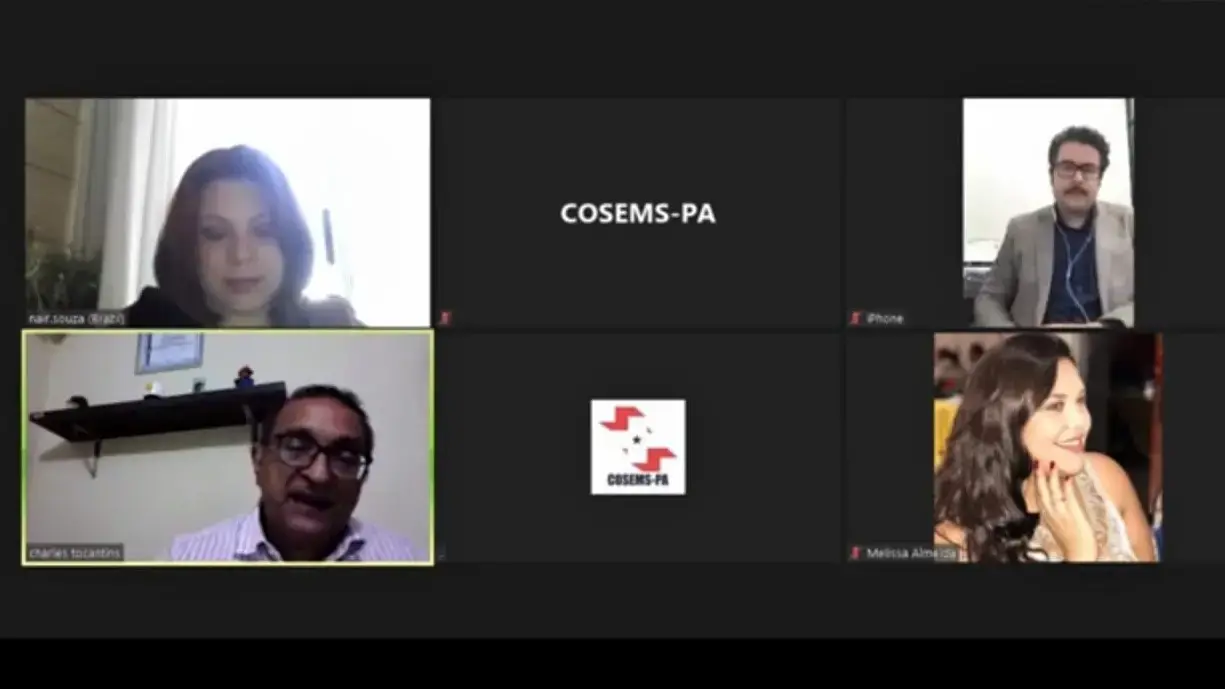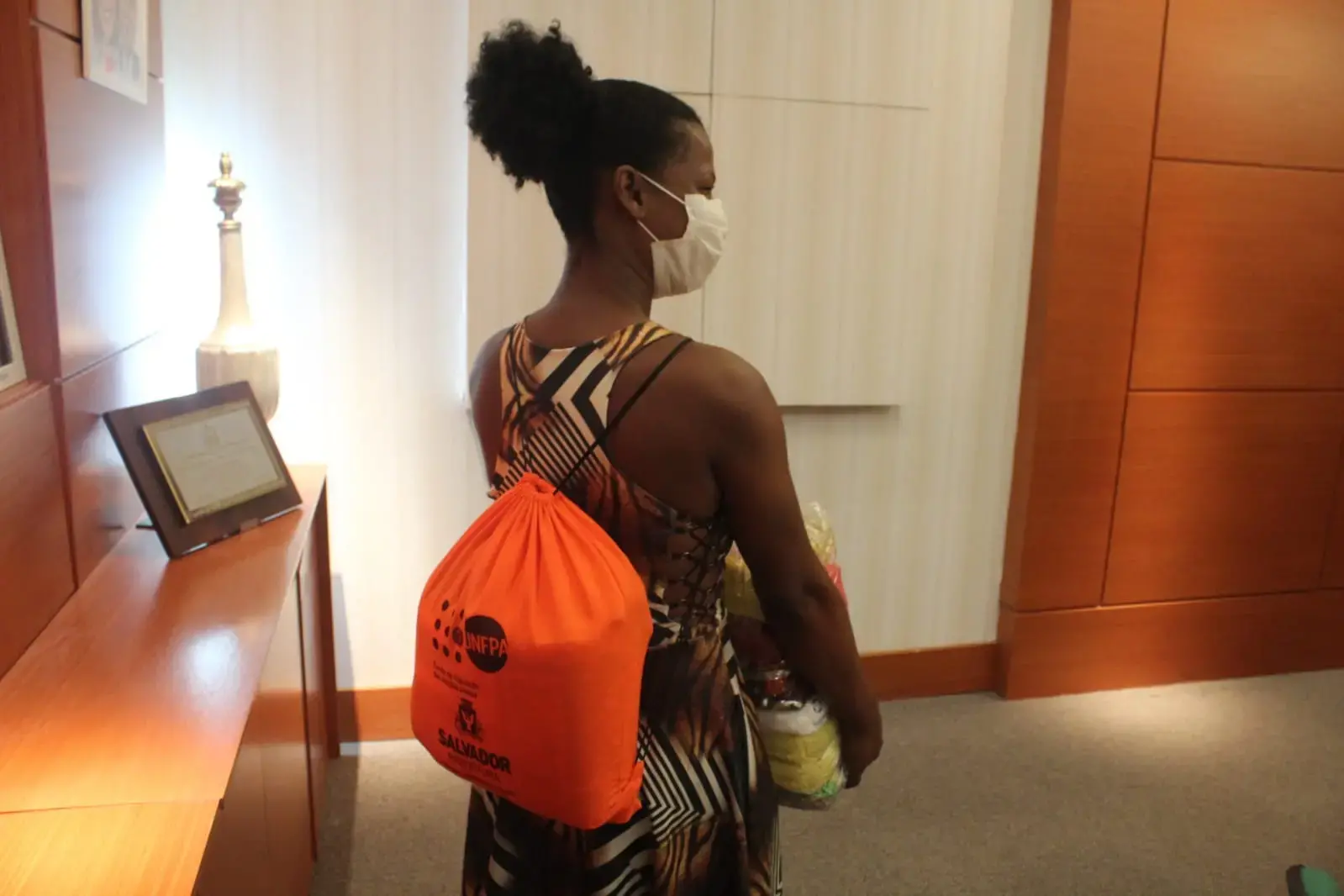Every day since the beginning of the pandemic Rafael Sanz, driver for the UN Population Fund (UNFPA) in Roraima, Brazil, follows a careful routine when arriving home after an intense day of work on the front lines. He takes off his shoes, undresses and showers in an improvised stall in the backyard of his house. These extra safety measures are justified. Rafael, who is Venezuelan, resides in Boa Vista, in the North of Brazil, with his wife and his 13-year-old son, Guierry Pierre, who lives with Duchenne muscular dystrophy and is considered to be in the high risk category for contracting COVID-19.
It was with Guierry in mind that Rafael left Venezuela in 2016. Duchenne’s syndrome is a degenerative disease and has no cure, but the best treatment for this condition is available in São Paulo, where the family often goes. “The disease is advancing very fast, Guierry no longer walks or stretches his legs. But the treatment helps to slow the progression of the disease. His body may be weak, but his mind is very strong. He’s a smart boy and loves to use the computer”, said his proud father.
Rafa – as he is known – is a fundamental part of UNFPA’s humanitarian assistance team, which directly serves migrants and refugees, acting strategically, so that the missions take place safely. During the pandemic, he assisted with the delivery of Dignity Kits, containing personal hygiene items, such as soap and alcohol gel, to help prevent COVID-19 among the highly vulnerable population.
Tireless and always with a smile on his face, Rafa is extremely kind to both team members and beneficiaries. “Rafael is an exceptional human being and his personal story strengthens us all”, said the head of the UNFPA office in Roraima, Igo Martini.
Rafael started working for UNFPA in 2018, two years after arriving in Brazil. He joined the UN after completing a Portuguese language course for foreigners. His work has been an even greater source of pride during the pandemic, despite the risks. “We’re extremely careful. I see that people are very happy when we deliver the kits with basic necessities. They are so happy that they want to hug us. But we explain that they can’t”, he said. “It’s great to be able to work, remain in this agency and help my Venezuelan brothers and sisters. I feel very proud”, he concluded.




